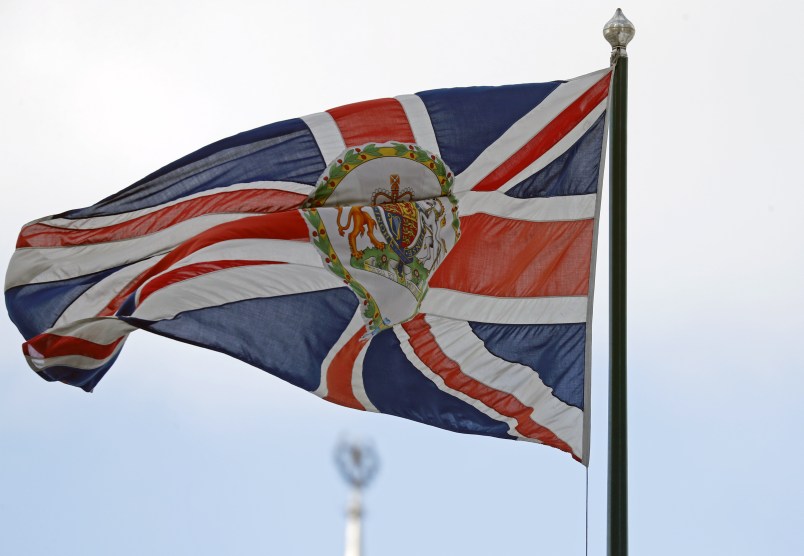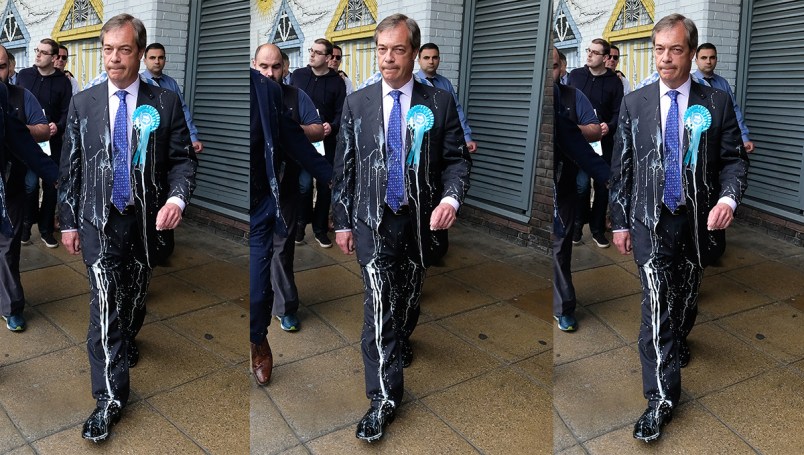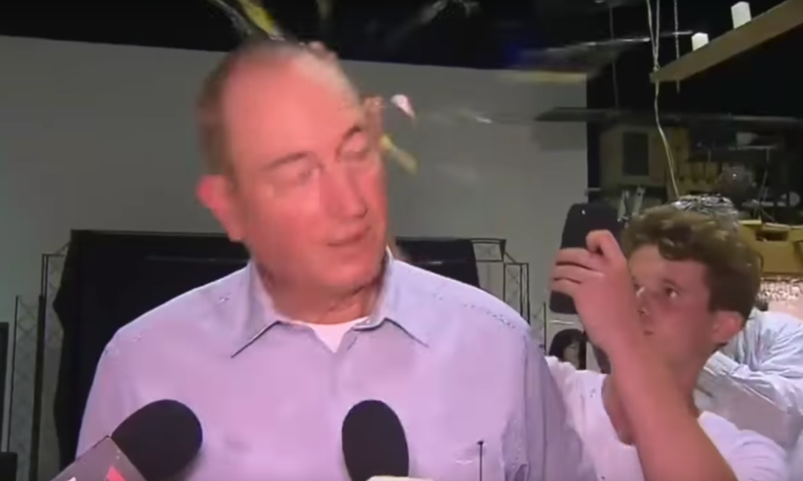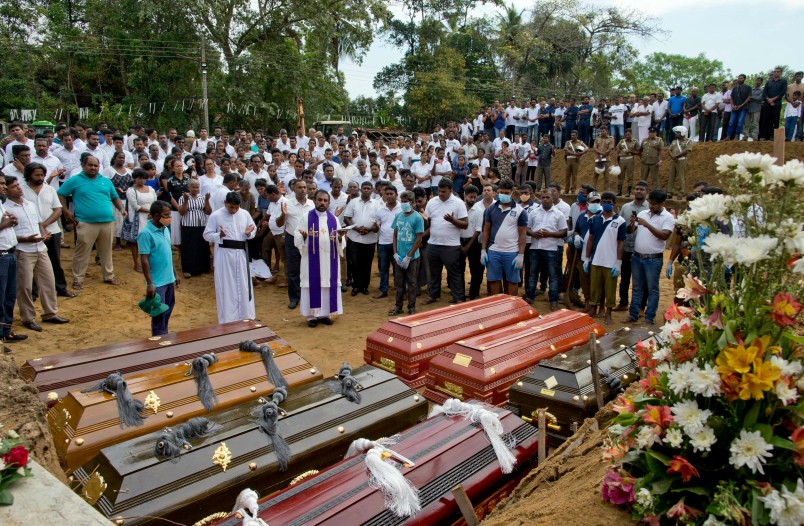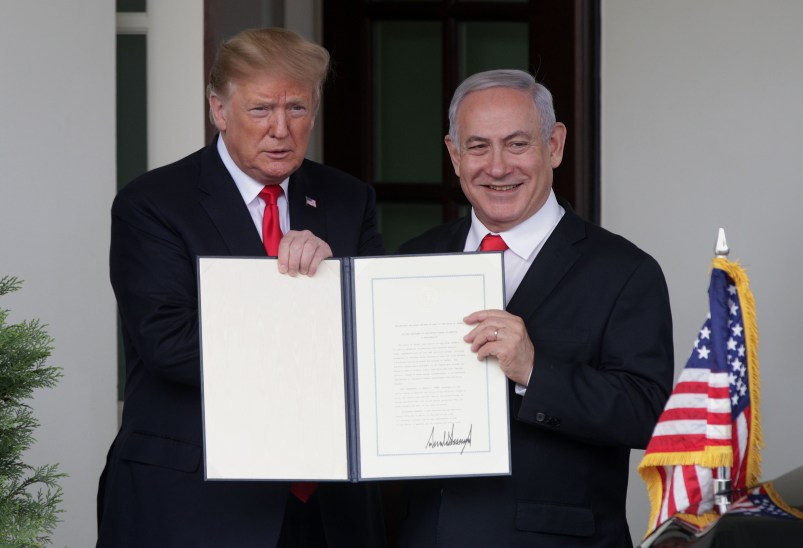MOSCOW (AP) — Russia ordered new cuts Friday to the number of British envoys in the country, escalating a dispute with the West over the poisoning of an ex-spy in Britain. The massive expulsion of diplomats on both sides has reached a scale unseen even at the height of the Cold War.
Two dozen countries, including the U.S. and many EU nations, and NATO ordered out more than 150 Russian diplomats this week in a show of solidarity with Britain over the poisoning of Russian ex-spy Sergei Skripal and his daughter that London blamed on Russia.
Moscow has vehemently denied involvement in the March 4 nerve agent attack in the city of Salisbury and announced Thursday that it would expel the same number of diplomats from each nation.
The Russian Foreign Ministry further escalated its response Friday, saying it has ordered Britain to reduce the number of its diplomats in Moscow to the level that Russia has in London. That exact number wasn’t immediately clear.
The ministry said it summoned the British ambassador to hand him a protest over the “provocative and unsubstantiated actions by Britain, which instigated the expulsion of Russian diplomats from various nations for no reason.” It gave London one month to reduce its diplomatic personnel in Russia.
When Britain expelled 23 Russian diplomats earlier this month, Russian Ambassador Alexander Yakovenko said it represented a 40-percent cut in the number of embassy personnel.
Commenting on the Russian move, a spokeswoman for the British Foreign Office said “it’s regrettable but in light of Russia’s previous behavior, we anticipated a response.”
“However, this doesn’t change the facts of the matter: the attempted assassination of two people on British soil, for which there is no alternative conclusion other than that the Russian state was culpable,” she said. “Russia is in flagrant breach of international law and the Chemical Weapons Convention and actions by countries around the world have demonstrated the depth of international concern.”
A hospital treating Skripal and his daughter, Yulia, said Thursday that the woman was improving rapidly and was now in stable condition, though her father remained in critical condition.
Speaking to reporters Friday in Moscow, Kremlin spokesman Dmitry Peskov insisted that “Russia didn’t start any diplomatic wars,” and “remains open for developing good ties.”
He added that Russia has called a meeting of the international chemical weapons watchdog next week to press for an “unbiased and objective investigation.”
Russia has accused Britain of failing to back up its accusations with evidence and refusing to share materials from the probe. The Foreign Ministry said it told the British ambassador on Friday that Moscow is ready to cooperate in the investigation.
On Thursday, Russia summoned the U.S. ambassador to announce the expulsion of 60 U.S. diplomats in a tit-for-tat response to Washington’s move. Scores of Western ambassadors arrived at the Russian Foreign Ministry Friday to receive notices on the expulsions of their diplomats.
In response to the U.S. move earlier this week to close the Russian Consulate in Seattle, Moscow shut the U.S. Consulate in St. Petersburg, giving it until Saturday to vacate the premises.
An Associated Press reporter on Friday saw U.S. consulate staff carrying boxes from the building in St. Petersburg and loading them into a van. Several mini-vans drove out of the consulate while security also detained a man who threw a Starbucks cup at the building.
Some passers-by near the U.S. Consulate in St. Petersburg cheered the expulsions.
“Let them get out of here,” said 61-year-old retiree Viktor Fedin. “You won’t put Russia on its knees.”
Others were more cautious, worried that the closures would affect visa processing for Russians.
“The Russian government has to respond to the hostile actions against Russia,” said 32-year-old researcher Yelena Bogomazova. “But the escalation is bad. The closure of the consulate will make it difficult for people to get U.S. visas. They will have to go to Moscow.”
After Russia expelled several dozen U.S. diplomats, the waiting list for U.S. visa applications in Russia has increased to weeks, if not months. The U.S. Embassy said it was unable to process visa applications faster because of the staff shortage.





